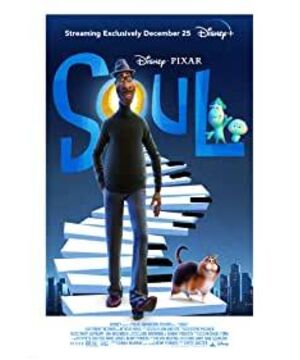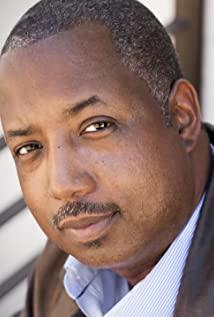Popular comments refer to spark as "the ability to love", or the desire to live. I agree with this. I want to go down the line.
Where does the wish to live come from? The mentors of No. 22 are: Gandhi, Lincoln, Mother Teresa, Copernicus, Muhammad Ali, Queen Mary of France, Jung, Orwell, Archimedes... Later people found them on his wall Lots and lots of celebrities, including Einstein, Picasso, Hawking, and more. What do they represent? It represents the spiritual achievement of human history. Some are intellectual, some are religious, and some are practical. But none of them gave No. 22 any wish to live.
In essence, these achievements are not the cause of life, but the result, and it is the result of unintentional intervention, and it is an accident. That is to say, we cannot look for the desire to live from the results of life. We need to find the reason for life. If we find meaning in life, we can say that because of it, we embrace life. This meaning is the purpose of life. The ultimate cause is the most fundamental one.
But a Jerry said: "spark isn't a soul's purpose. Oh you mentors and your passions, your purposes, your meanings of life. So basic!" He clearly stated that the purpose of life, the meaning of life, these are not spark, all Not the cause of life. But we just said the purpose can be the cause. Does he mean that these purposes are false, or do not exist? The following story confirms this conjecture.
Dorothea tells the story of the fish and the sea: the fish said I want to find the sea. Its elders say that you are in the sea now. The fish said that I am only in the water now, but what I want is the sea.
But the fish are indeed in the sea. Water is life, it actually exists. And the sea is actually a fancier way of saying water. It's just an artificially created concept. Like the meaning of life. So there are two meanings here. One: The meaning of life is life itself, which is water. It's just a different name, so it feels like something else. Two: The meaning of life is actually a false concept.
Why is it false? For example, when Joe achieved success in playing, he thought that he would gain some kind of complete experience, that is, to achieve the ultimate purpose of life. But it didn't. That is to say, he thought he had found the sea, but in fact he was in the water.
So here comes the problem. How can the 22 find the wish to live? We know that The great before is an imaginary space, not a real space. But 22 stumbled into the real world, which changed her somewhat.
What is the change? She experienced existence. Life is first and foremost a being, and everything else is a result of being.
According to Sartre, life is "in itself". " Existence is self-sufficient, not derived from anything... It is purely accidental, has no reason for existence, and is superfluous. " ) After a person has a life, he has consciousness, and he becomes "for himself". It is nothing in itself, but it has freedom. Freedom is man's destiny and man's responsibility. Freedom is a given structure in which people need to shape themselves through constant choices to explore the essence of life. So "existence precedes essence".
Looking back at the story of the fish and the sea, the first meaning is that the meaning of life is life itself, that is to say, "phenomenon is the essence". This is Husserl's phenomenology. The second meaning: the meaning of life is actually a false concept. This can be said to be the idea of analytic philosophy (philosophy of language).
Existentialism and both are different. From an existentialist perspective, 22 first experiences existence and then begins her exploration: "maybe sky-watching can be my spark. Or walking. I'm really good at walking." Any action, be it star-watching, or Walking is an exploration.
We can also say that in imaginary space we do not have smell, taste and feeling, but in real space we do. 22 experienced food, air, leaves, etc. in real space. This is "perception". Perception is what the existentialist philosopher Merleau-Ponty called "the philosopher's absolute knowledge ". If we don't have consciousness, we can't talk about the world, we can't talk about matter and spirit. So "it is the middle ground that communicates reason and instinct, it communicates reason and descends instinct, and both of them must eventually merge into the perceptual process ." Perception is through the body, "the body...is the subject...this body is not the body as understood by traditional mind-body dualism; it is both spiritual and material. " The 22nd truly enters the world by having a body. The body is her bridge into the world and shaping her life. Here, she found the desire to live.
" In the world of perception, there is no subject and object, but only the body—the subject and its environment...If no one gave meaning to the world, the world would be nothing; if there was no world, man would also be nothing. They condition each other and coexist coexist. ”
This is what existentialism gives to life.
View more about Soul reviews











